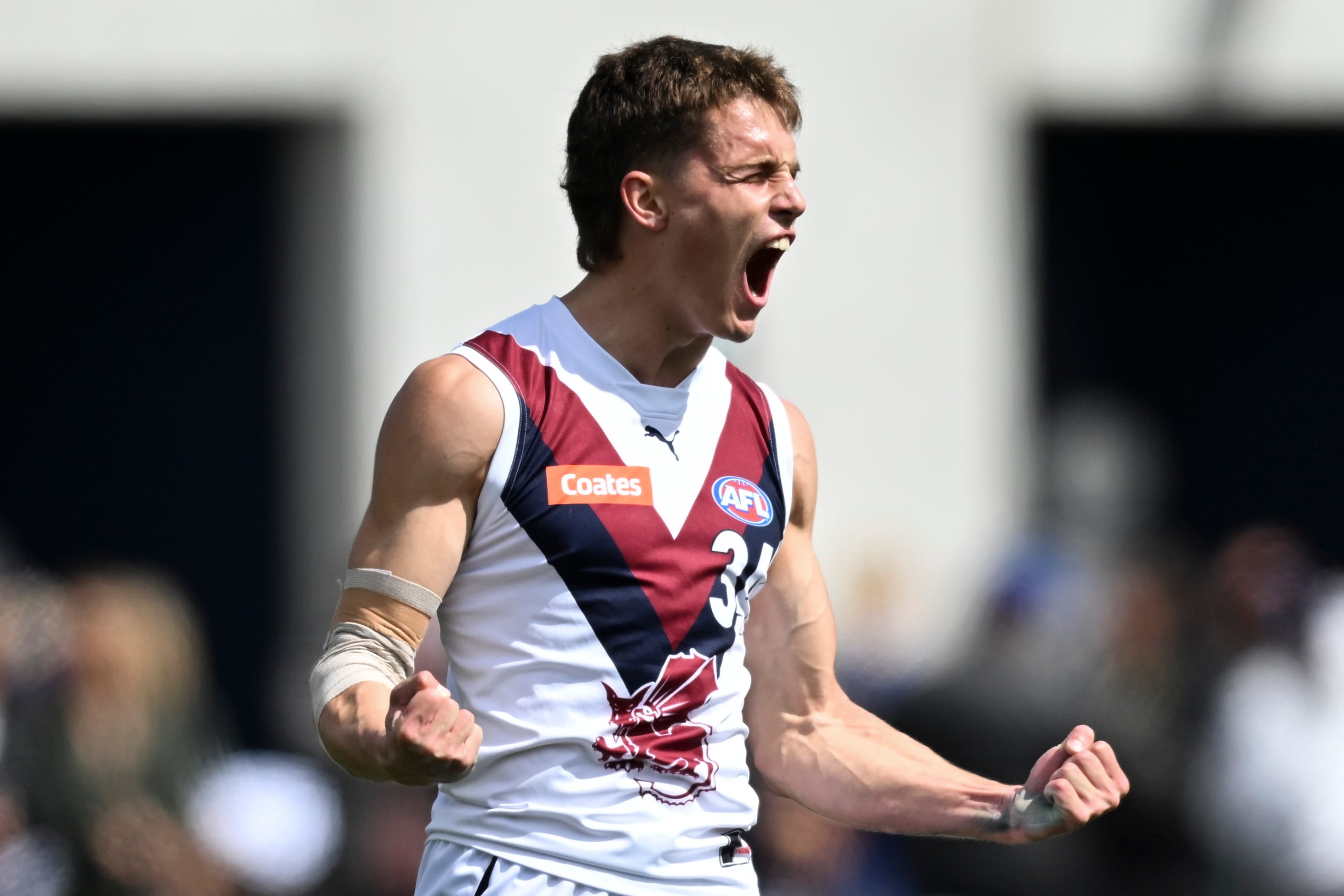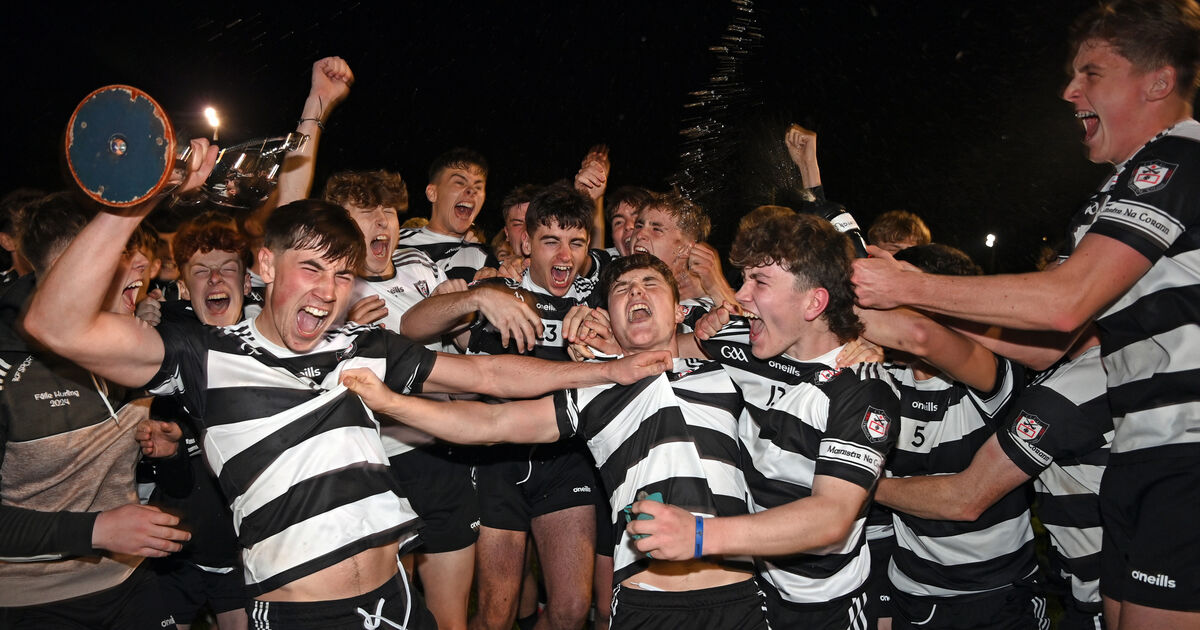AFL cracks down on player eligibility in NGA revamp

SWEEPING changes have been made to the Next Generation Academy system, with a crackdown on eligibility and access coming as the AFL prepares to deliver its revamped zones to clubs.AFL.com.au can reveal the significant changes made to the NGA system at the end of the League's long-running review, with alterations ticked off by the AFL Commission last week.Among the key points, the AFL has removed the criteria that allowed a player to be tied to a club if they were born overseas in the relevant zones, with all NGA applications from now on to rely on parents' cultural backgrounds.In the new eligibility, at least one parent is required to have been born in an eligible country, seeing examples such as Kye Fincher this year (who was born in Hong Kong while his mother was working abroad and is tied to St Kilda as a result) no longer accessible in the future unless the player has at least one parent born overseas.Other important changes include:the addition of the Pacific and Central and South American regions to the cultural eligibility criteria and the removal of European countries;an expansion of age eligibility from 19 to 21 years to allow clubs to have more time to access players if they are late developers;and a requirement that the player and their family must have resided in the NGA zone for at least 12 months before their application is submitted.Importantly, though the changes will not affect the 2025 draft class, all approved applications for future drafts that do not meet the new eligibility rules will be reviewed by the AFL in coming months, which could see players who have been tied to clubs ruled out for priority access.The changes come after the AFL sought feedback from clubs earlier in the year on ways to enhance and build the Next Generation Academy program, which the League wants to help increase Indigenous and multicultural talent on AFL and AFLW lists.Through the process, the AFL has worked through the role of the NGA system and whether it is required, eventually landing on the position that the League sees an important place for the Academies in lifting underrepresented groups and participation levels.In short, the changes will see clubs have to spend more time with NGA prospects, submit applications earlier and prove they have developed a player's talent before they are given the green light to access them at the draft.The new rules, to be introduced in 2026, will also include:minimum requirements for clubs that clubs must meet to obtain draft concessions and NGA funding, including minimum number of players engaged, minimum hours of development of players and minimum reporting requirements;clubs having to submit applications in a player's 15th year, brought forward from their 16th year;allowing other clubs to pre-list NGA players who are not selected by their aligned clubs;dedicating a Category B rookie list spot for NGA eligible players, which is triggered once a club fills its first Category B rookie position;the AFL offering part-funding of Category B rookie contracts for Indian and Chinese players, with the funding on this incentive to be decided by the AFL;the formal introduction of the AFLW NGA draft concessions for the 2026 draft.The changes don't have an impact on Port Adelaide's bid for top 2026 draft prospect Dougie Cochrane to be approved for NGA status, with the club's application to be assessed on the current criteria being met.All of the rule amendments come within a broader fix set to be announced by the League in coming days on the tighter bidding system applied to all father-son, northern Academy and NGA prospects.The League itself is making an uplift in its investment, with an increase of funding from $75,000 to $120,000 per club to support the introduction of the girls NGA programs, and a Next Generation Academy manager to be a newly created role at headquarters to give the program a frontperson to take ownership of the decision-making.That manager will also sit on the refreshed NGA Committee, including game development boss Rob Auld, who has spearheaded the review, and football manager Greg Swann, with the AFL acknowledging to clubs there have been inconsistencies over the course of the NGA system's history.The new zones have been created due to Tasmania's impending entrance to the AFL, which saw North Melbourne lose its access to that region. Under the new zones, each club will have a metropolitan and either regional or remote area allocated to them, with one fewer club to be in the Northern Territory, and Darwin set to be unallocated.A transition period will take place over the next three years with the reviewed zones to be in place by 2028 for the AFL, and 2026 for the AFLW rules.









